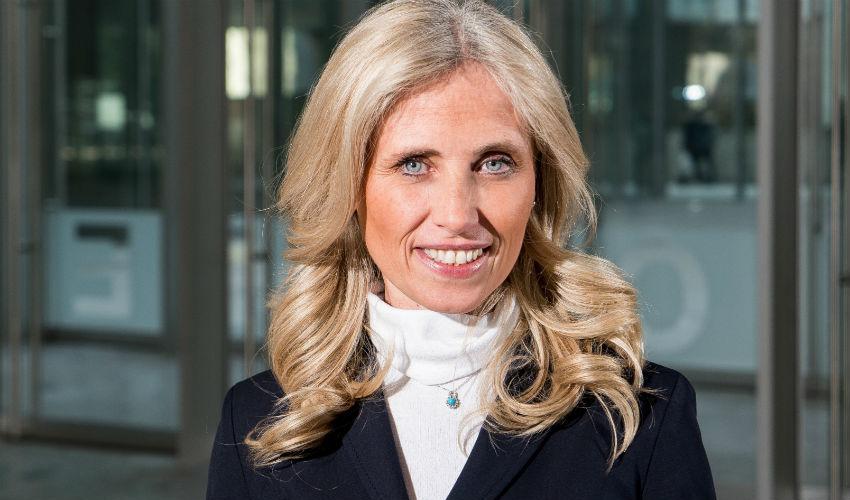
Europe Should Opt for Qualified Majority Voting on Taxation Issues
PIERRE MOSCOVICI'S PROPOSAL MUST BE SUPPORTED IN ORDER TO ACHIEVE GREATER TAX COORDINATION AND TO MOVE THE EUROPEAN PROJECT FORWARDby Paola Profeta, Department of Social and Political Sciences
Pierre Moscovici, the EU Commissioner for Economic and Financial Affairs, Taxation, and Customs has recently proposed to change the EU decision rules on taxation issues: he suggests to move from the current unanimity system toward a Qualified Majority Voting (QMV) System. His proposal opened a large debate: on the one side, unanimity guarantees national sovereignty on taxation issues, which is considered a top priority for many EU countries, on the other side, changing the unanimity rule is a necessary starting point if we want more integration in Europe on tax policies.
Those in favor of unanimity argue that, because taxation is considered a national and strategic decision, coordination has to be voluntary. Small countries (e.g. Luxembourg) view their low level of taxation as an advantage to attract firms and enlarge the tax base. These low-tax countries are the most resistant against tax coordination.
The opponents of unanimity instead emphasize that the need for unanimous approval makes it very difficult to reach decisions in the area of tax policies. With 28 EU countries, the likelihood of one veto is much higher now than when the mechanism was introduced and the EU included a smaller number of countries.
In fact, unanimity is difficult. We know from the public choice theory how difficult it is – or impossible – to obtain unanimity from the aggregation of heterogeneous preferences. EU countries are indeed heterogeneous with respect to several elements which affect not only tax decisions but more generally their view on the role and size of government - national and supranational, such as the level of economic development, the political institutions, the country size, the openness and specialization of the country. Persistent differences are linked to different political histories of the countries. Countries also differ according to their favorite tax instrument at the domestic level: corporate income tax is a small share of budget in some countries, large in others. Thus, moving to qualified majority voting introduces the possibility to reach an agreement and enlarges the space of potential actions. Nevertheless qualified majority voting is already used in more than 80% of legislative procedures!
Is greater tax coordination desirable? Most of the experts agree that the answer is yes. Tax coordination is needed to avoid base erosion and profit shifting (BEPS) in business, to fight against tax evasion, to combat tax abuse. It is also needed to introduce a tax environment at the EU level and a Digital tax. The case of Apple was decided by EU antitrust regulators as a state aid procedure, because “Ireland granted illegal tax benefits to Apple”. With an integrated tax policy there could be tools to prevent this.
It is not a coincidence that the discussion on tax coordination was opened now, close to the European elections. In fact, what is under discussion is much more than the pros and cons of the unanimity rule. It is the future of Europe itself: do we want/ need more Europe or less?
Populism develops as a rejection of the EU integration project and a defense of national interests over European collective interests. It is spreading around Europe, with the defense of nationalism identity (as opposed to the European one). Not only. In central Europe, the success of the extreme right, as in the clear example of Hungary, represents certainly a recession in European democracy.
The challenges the EU faces – growth, stability, democracy – are not new, but they become more urgent in our times because there is a clear visible response which is populism and anti-Europe. The alternative possible answer is to have more Europe, rather than less. To reach this, we need some institutional reforms and tax coordination as well as a more ambitious social union are among the top priorities.
As we said, it is difficult to reach unanimity. But, we need unanimity to change the rule of unanimity! Is this feasible? We will see in the next months.
The workshop
Paola Profeta participated in the Bruegel workshop in which Pierre Moscovici discussed his proposal. Below, the video of the meeting.
